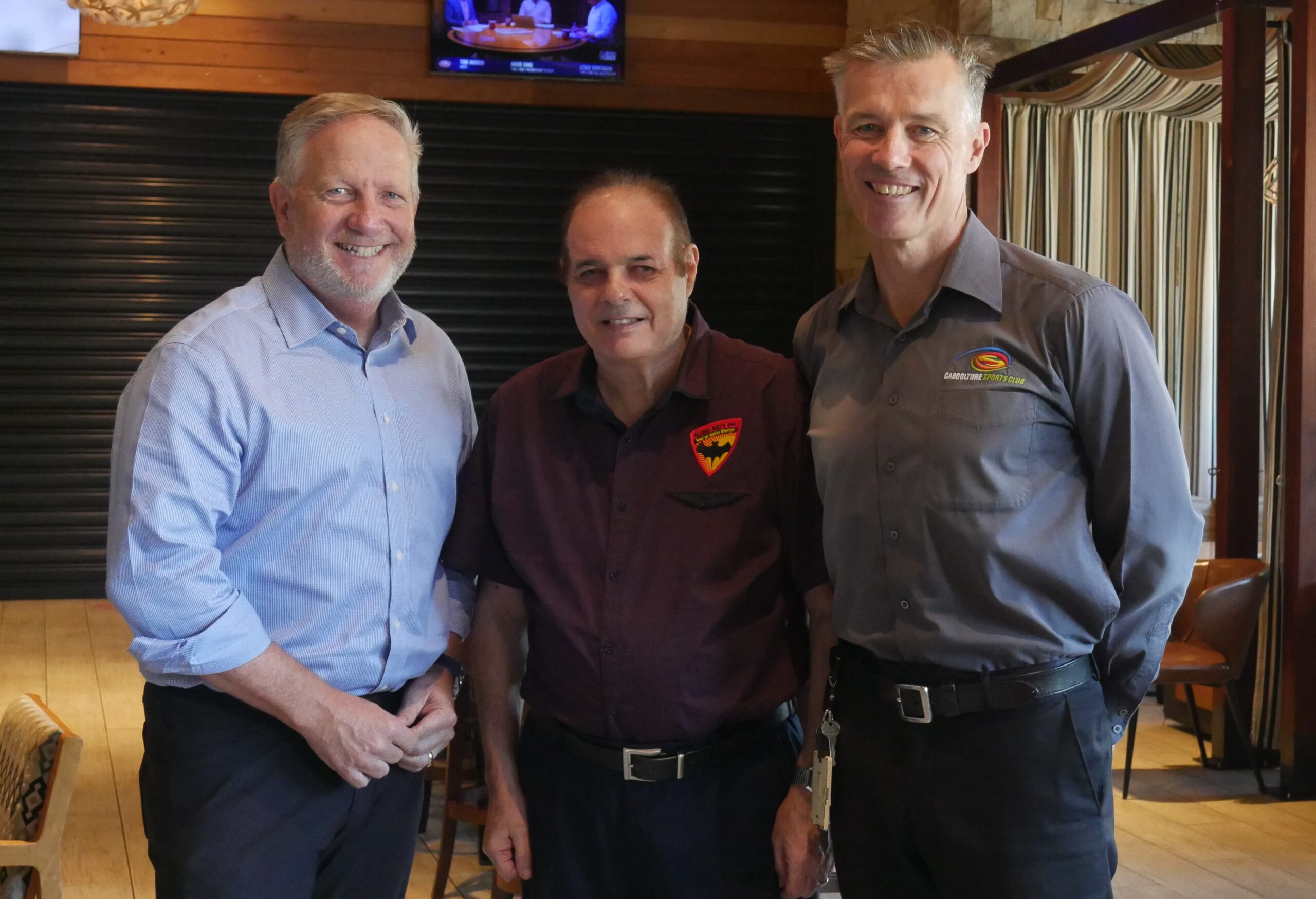Cancer cases in Australia are expected to increase by about 40 per cent from 2007 numbers by 2020.
The Lancet Oncology Commission argues that GPs will need to play a much larger role in providing cancer care as the number of people diagnosed increases.
In a paper published today, the group of international medical specialists said expanding the role of GPs would not only create a more sustainable health system, it would also benefit patients.
They make the case that with the right support, GPs can help meet the growing demands on the health care system.
Jon Emery, the Herman Professor of Primary Care Cancer Research at the University of Melbourne and a member of the commission, said: “This report is reflecting the rapidly growing instance of cancer worldwide in developing and developed countries, and the recognition that the health service needs to integrate primary care much more into the delivery of cancer services, because otherwise we’ll end up with an unsustainable health system.”
Professor Emery expects a much broader role for GPs in providing care for cancer patients in future.
“There needs to be a greater role for general practice and primary care both during cancer treatment, but more importantly, for cancer survivors in their longer term follow-up,” he said.
Professor Emery said there was a concern that oncologists would be overwhelmed with work in the future.
“Yes, historically, after you’ve had your treatment for cancer, you would normally continue to be followed up about that cancer for several years by your oncologist or the people who treated you for that cancer, and there are approximately two thirds of people after a cancer diagnosis who will still be alive for at least five years.
“And so we have a very large number of cancer survivors in this country, and that will continue to grow, and it will become unsustainable for people to continue to be followed up entirely by the cancer services.”
The commission has also found that in countries including Australia, the UK and Canada, primary health systems are not well integrated with specialist care.
For example, the general practitioners of some cancer patients are not always informed when a specialist has decided palliative care is needed.
GPs often involved in palliative care in rural areas
Geoffrey Mitchell, a professor of general practice and palliative care at the University of Queensland and a member of the commission, said in rural and regional areas GPs ware often involved in palliative care, but this was not always the case in urban Australia.
“It occurs routinely in regional and rural centres anyway because their primary carer’s the primary source of medical help, and the skills required in rural care are just about identical to the skills required in urban care,” he said.
“So there’s no reason why primary care can’t play a very strong role in the management of cancer patients at the end of their life.
“The GP knows the patient and the family, the environment, they know the personality, strengths and weaknesses of the patient; they are accessible, they’re in the community, and they have knowledge of the health system in their local community, so they can engage all of the resources that are available.”
Professor Emery said creating a better integrated and sustainable system would take work, but the changes were necessary for the future.
“This is quite large system-wide changes in the way that care is routinely offered,” he said.
“It requires leadership based from state governments and from cancer centres to look to develop these new models of integrated care.
“We know from previous research how to make these models of care work, but it does requires investment to get the right models of care into place.”
Source: ABC News





